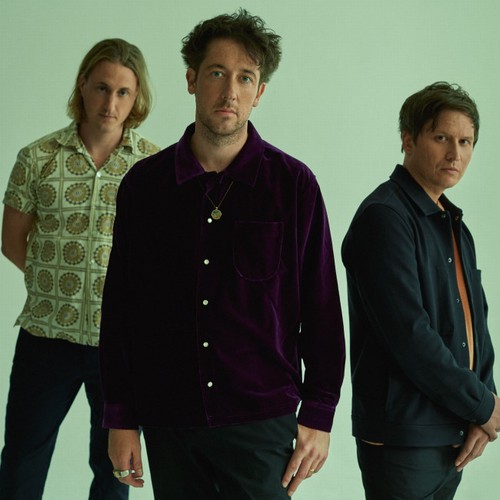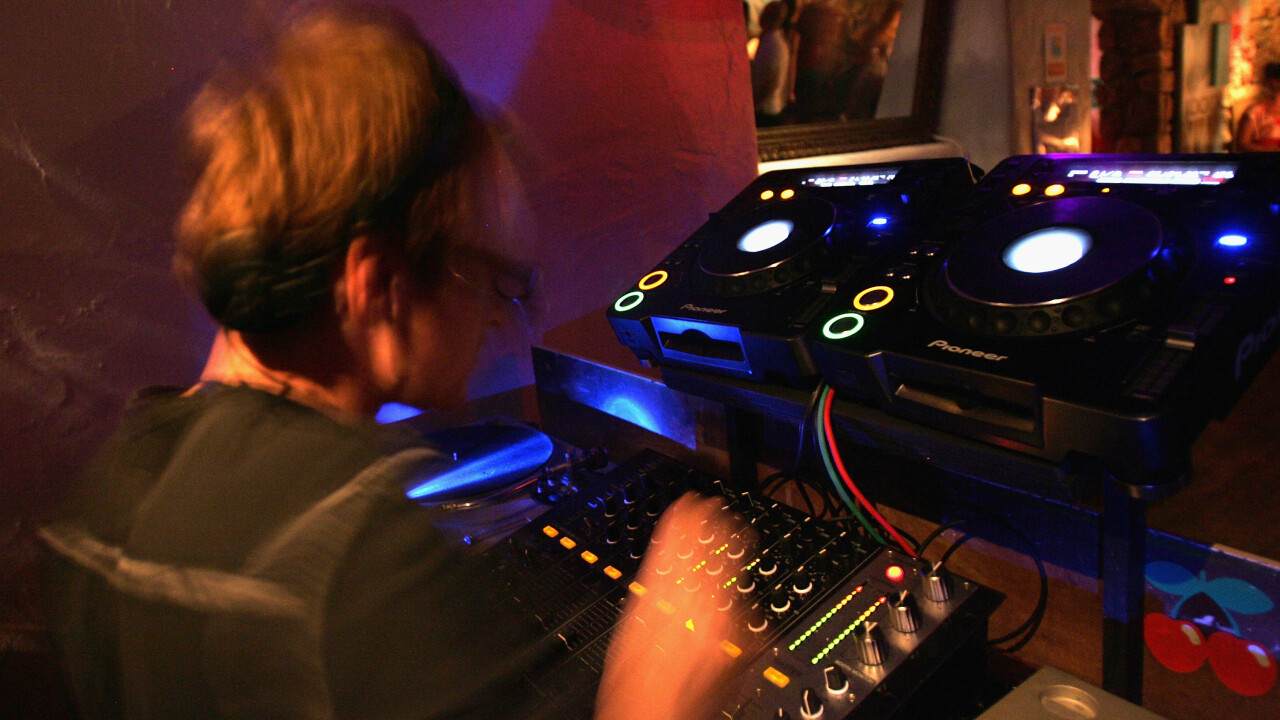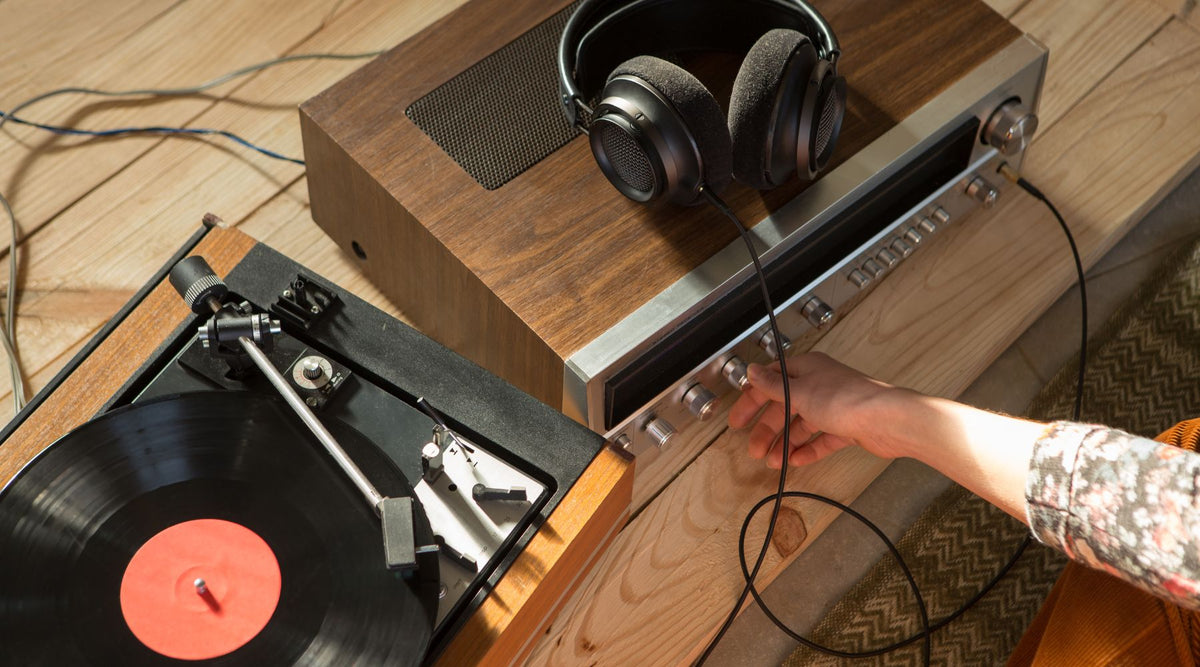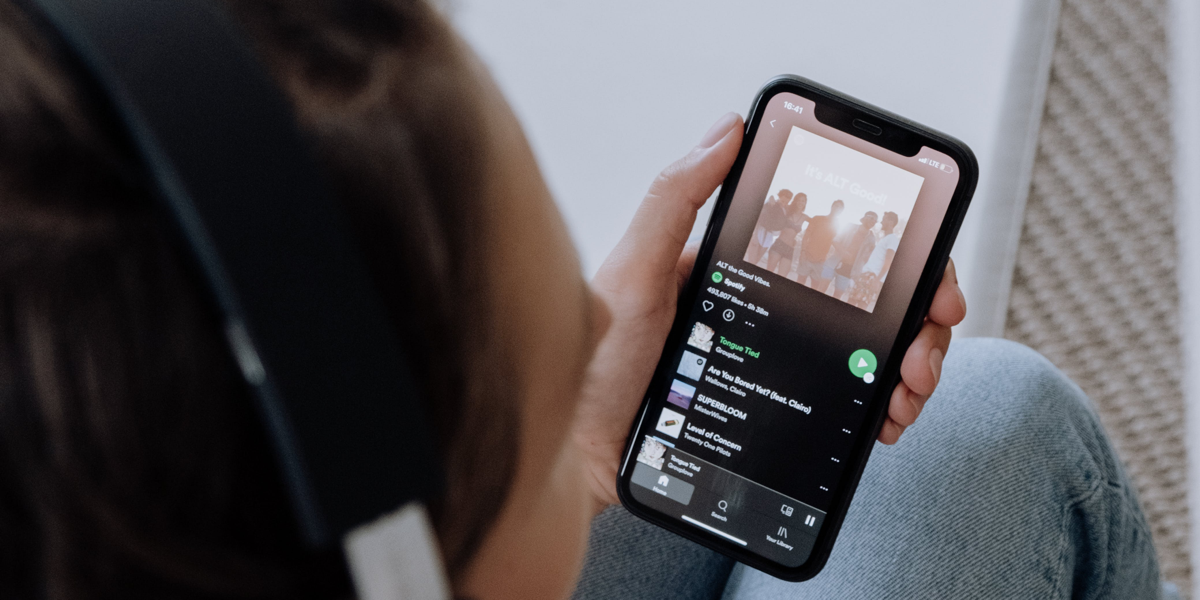New inflation matching settlement on US disc and download song royalty rate welcomed
Table of Contents
Small business Information Electronic Labels & Publishers Legal Prime Tales
By Chris Cooke | Posted on Friday 6 May possibly 2022

A plethora of organisations from across the US audio sector have welcomed a new proposed settlement about the mechanical royalty amount compensated on discs and downloads Stateside, following an preliminary proposal from the Nationwide Music Publishers Association and the important labels was broadly criticised by songwriter groups.
In the US, the mechanical copying of tracks is included by a obligatory licence, which suggests that when music are copied the royalties paid out to audio publishers and songwriters are established by a panel of judges named the Copyright Royalty Board.
Those people rates arrive up for overview each individual few decades, with the entrepreneurs and consumers of mechanical legal rights both proposing a pre-agreed settlement to the board, or having a major argument in entrance of reported board and then allowing the judges to decide what a fair amount may possibly be.
With discs and downloads, the shoppers of the mechanical rights are mainly file labels, with no matter what amount is set coming out of what monies the label will make from advertising a CD, vinyl file or MP3.
Which is why it was the majors that sought to negotiate a pre-agreed settlement with the Countrywide Music Publishers Association. The at first agreed settlement – also endorsed by Nashville Songwriters Affiliation Intercontinental – was to keep everybody the identical as it at the moment stands.
But, that proposal was extensively criticised by other songwriter groups who pointed out that the statutory charge on discs and downloads is a established cost per copy – not a percentage of earnings – this means that just about every 12 months the rate truly decreases in real terms mainly because of inflation. The final increase was in 2006 when the royalty became 9.1 cents per duplicate. But 9.1 cents in 2006 was worth a lot more than 9.1 cents in 2022.
A single songwriter in distinct – George Johnson – felt that proposal was unfair and filed a formal objection. He was then backed up by an assortment of other songwriter groups.
Some of these teams also pointed out that the a few most significant members of the Nationwide Songs Publishers Association are the publishing wings of Sony, Common and Warner, ie the major customers of mechanical rights on the recordings facet, which possibly built it problematic for the publishing trade entire body to be negotiating settlements of this sort on behalf of songwriters.
There were defenders of the NMPA who stated that the publishers were being now embroiled in a advanced lawful fight around the mechanical royalty price that applies to streams, the place the electronic platforms are the consumers, most of which are making an attempt to persuade the CRB to cut down that amount.
With that in thoughts, was it intelligent to instigate a different lawful struggle with the labels more than the discs and downloads level, when discs and downloads are now a comparatively smaller income stream for the new music business?
But a lot of songwriters argued that – although streaming is by far the biggest recorded songs profits stream right now – the actual physical current market is actually really steady at the minute with the vinyl revival and even an increase in CD revenues previous year.
In addition, while iTunes model downloads could now be a tiny section of the small business at massive, for some artists and genres downloads are nevertheless a decent earnings stream, as well as all that NFT nonsense often incorporates some downloaded songs along the way. As a result – at the quite least – the mechanical royalty fee on discs and downloads really should be set to keep up with inflation.
On the back again of all that opposition from songwriters, in March the CRB confirmed it was rejecting the preliminary proposal from the NMPA and the labels. But could an alternate voluntary arrangement be arrived at to stop having to go to the “let’s all argue in front of some judges” period? Effectively, turns out of course, an choice voluntary agreement could be reached, pretty substantially embracing the songwriters’ desire of will increase in line with inflation.
In a filing with the CRB yesterday, the NMPA and the labels mentioned that they experienced agreed a new proposal that would end result in “an rapid 32% raise to twelve cents per track for actual physical phonorecords and lasting downloads for 2023 and inflation-based mostly changes for subsequent many years of the amount period”.
The filing additional: “The events respectfully ask for that the judges expeditiously publish the royalty costs and conditions explained herein … and adopt the settlement business-huge as the statutory royalty rates … the parties even further request that the judges remain and not shift ahead with litigation of statutory royalty costs … though the settlement is underneath consideration”.
Commenting on the new proposal, NMPA boss David Israelite said: “This new settlement gives songwriters a 32% elevate on gross sales of vinyl, CDs and downloads – boosting the fee from 9.1 cents to twelve cents – and critically also incorporates a annually expense of dwelling adjustment to deal with inflation. This particularly good result is because of in substantial portion to the creators who produced their voices heard in the CRB process”.
In the meantime, talking for the label aspect, Recording Marketplace Association Of The us chief Mitch Glazer said: “After large consultation with songwriters, publishers, and labels, we are glad to have achieved a alternative we believe that addresses the core fears of the CRB judges and the people today and organisations who shared their views all through this continuing. As a new music neighborhood, we are strongest when we arrive collectively to forge lasting and sustainable get-win deals”.
But what do songwriters, artists, producers and impartial publishers assume of this new proposal? Well, they all feel it is good. And if you want proof of that, boy do we have a whole lot of rates for you indicating so. You can examine all of them in whole here if you’re fascinated. Or maybe just use this useful concise summary exactly where we’ve at any time so a little edited down the rates for you.
The Songwriters Of North The us “enthusiastically support” the settlement.
The Nashville Songwriters Association Worldwide “welcomes” the settlement.
The Affiliation Of Independent New music Publishers “fully endorses” the settlement.
The Recording Academy “applauds” the settlement.
The UK’s Ivors Academy “welcomes” the settlement.
The Songs Publishers Association Of The United States “appreciates” the settlement.
The New music Artists Coalition “applauds” and “endorses” the settlement.
The Black Music Motion Coalition “supports” and “applauds” the settlement.
The Church New music Publishers Association is “very pleased” with the settlement.
The Manufacturing Tunes Association suggests the settlement is “a enormous action forward”.
The 100 Percenters hopes the settlement demonstrates that the market recognises songwriters “deserve improved rates”.
And the Artist Rights Alliance reckons the settlement is “a significant win”.
Can you think we have bought all individuals prices and not a single human being was THRILLED about this? Notify you what, CMU is “THRILLED” that this settlement has been arrived at. Well completed just one and all!









